Het arrangement Food throwing away v456 is gemaakt met Wikiwijs van Kennisnet. Wikiwijs is hét onderwijsplatform waar je leermiddelen zoekt, maakt en deelt.
- Auteur
- Laatst gewijzigd
- 11-05-2025 22:54:48
- Licentie
-
Dit lesmateriaal is gepubliceerd onder de Creative Commons Naamsvermelding-GelijkDelen 4.0 Internationale licentie. Dit houdt in dat je onder de voorwaarde van naamsvermelding en publicatie onder dezelfde licentie vrij bent om:
- het werk te delen - te kopiëren, te verspreiden en door te geven via elk medium of bestandsformaat
- het werk te bewerken - te remixen, te veranderen en afgeleide werken te maken
- voor alle doeleinden, inclusief commerciële doeleinden.
Meer informatie over de CC Naamsvermelding-GelijkDelen 4.0 Internationale licentie.
Aanvullende informatie over dit lesmateriaal
Van dit lesmateriaal is de volgende aanvullende informatie beschikbaar:
- Toelichting
- Deze les valt onder de arrangeerbare leerlijn van de Stercollectie voor Engels voor vwo, leerjaar 4, 5 en 6. Dit is thema 'Food issues'. Het onderwerp van deze les is: Food throwing away. Deze les gaat over het weggooien van voedsel, voedselverspilling en hoe dit mogelijk is te verminderen. De grammaticaopdracht gaat over passive, tenses and modal verbs.
- Leerniveau
- VWO 6; VWO 4; VWO 5;
- Leerinhoud en doelen
- Engels;
- Eindgebruiker
- leerling/student
- Moeilijkheidsgraad
- gemiddeld
- Studiebelasting
- 4 uur 0 minuten
- Trefwoorden
- arrangeerbaar, engels, food throwing away, food waste, passive, tenses and modal verbs, stercollectie, v456, voedselverspilling, weggooien van voedsel


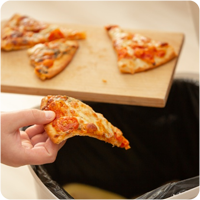 In this first section we look at some facts.
In this first section we look at some facts.



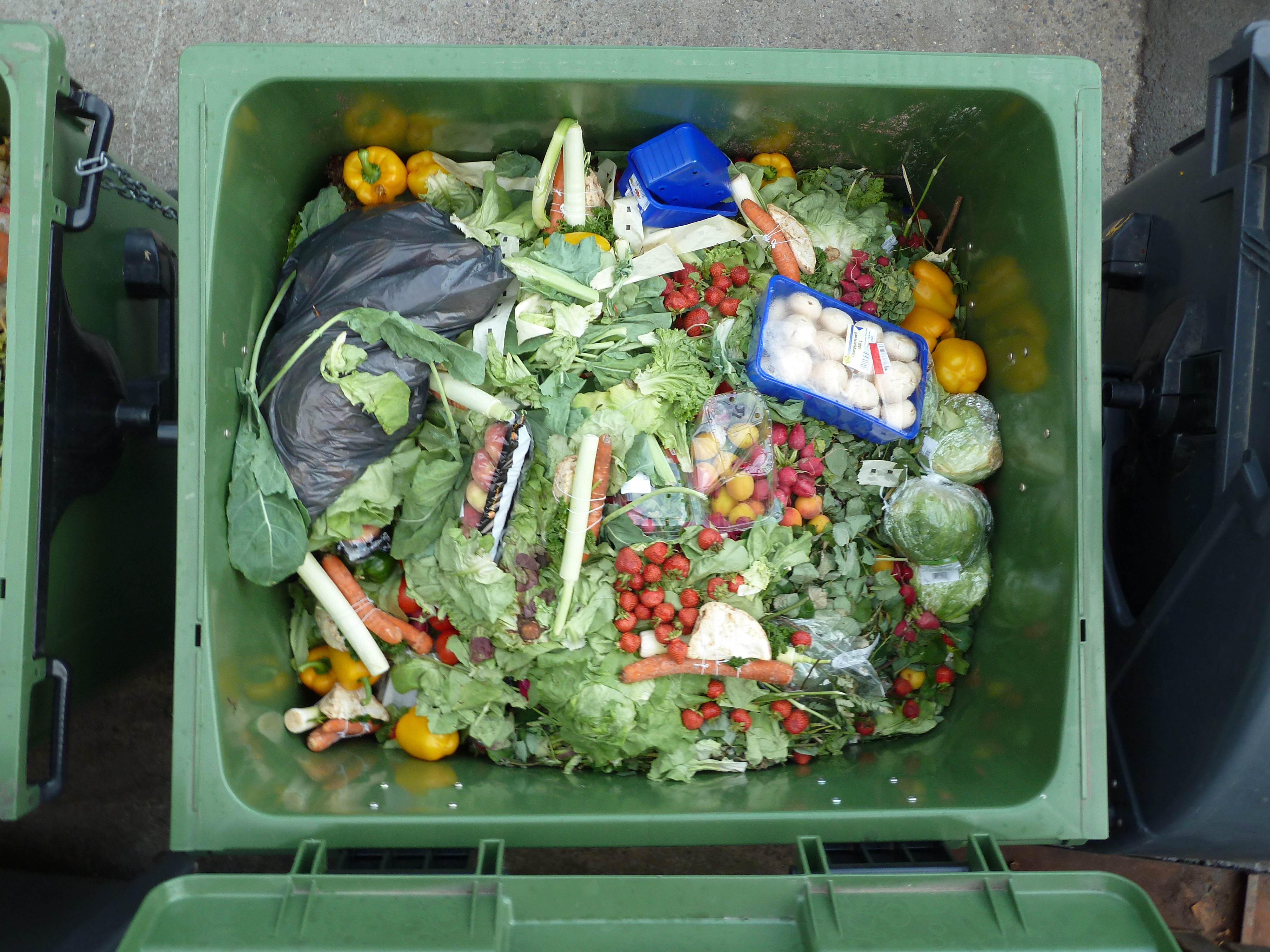 What is your reaction to this information?
What is your reaction to this information?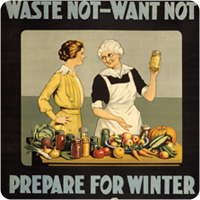 You are going to read an article about food waste. Answer these questions.
You are going to read an article about food waste. Answer these questions.
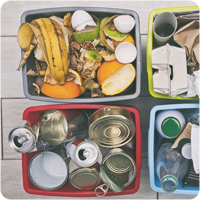 Let’s look at... Passives. We use the passive form when we want to underline or focus on the action rather than the person of thing that caused the action. The subject of the passive verb is the object of the active verb.
Let’s look at... Passives. We use the passive form when we want to underline or focus on the action rather than the person of thing that caused the action. The subject of the passive verb is the object of the active verb.
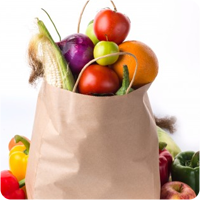 You read about a similar company in your country called The Harvest.
You read about a similar company in your country called The Harvest.
 What have you learnt in this period?
What have you learnt in this period?